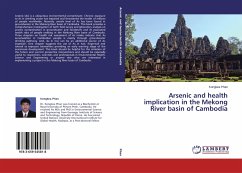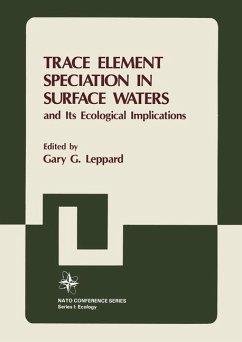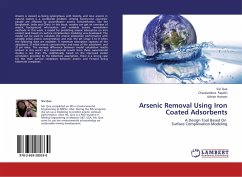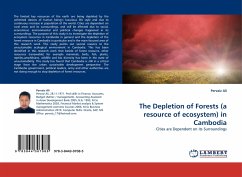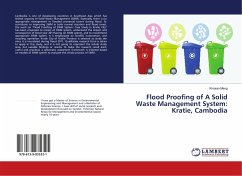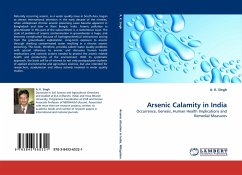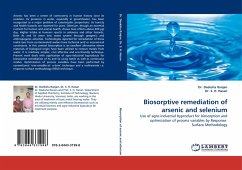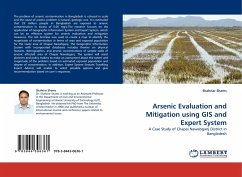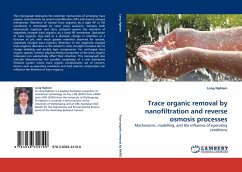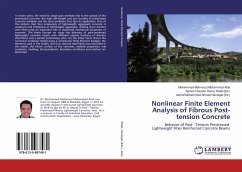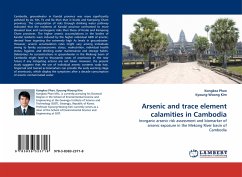
Arsenic and trace element calamities in Cambodia
Inorganic arsenic risk assessment and biomarker of arsenic exposure in the Mekong River basin of Cambodia
Versandkostenfrei!
Versandfertig in 6-10 Tagen
32,99 €
inkl. MwSt.

PAYBACK Punkte
16 °P sammeln!
Cambodia, groundwater in Kandal province was more significantly polluted by As, Mn, Fe and Ba than that in Kratie and Kampong Cham provinces. The computation of risks through drinking water pathway indicated that the residents of Kandal province confronted to more elevated toxic and carcinogenic risks than those of Kratie and Kampong Cham provinces. The higher arsenic accumulations in the bodies of Kandal residents were induced by the higher individual ADD of arsenic, derived from ingesting the extremely high As levels in groundwater. However, arsenic accumulation rates might vary among indivi...
Cambodia, groundwater in Kandal province was more significantly polluted by As, Mn, Fe and Ba than that in Kratie and Kampong Cham provinces. The computation of risks through drinking water pathway indicated that the residents of Kandal province confronted to more elevated toxic and carcinogenic risks than those of Kratie and Kampong Cham provinces. The higher arsenic accumulations in the bodies of Kandal residents were induced by the higher individual ADD of arsenic, derived from ingesting the extremely high As levels in groundwater. However, arsenic accumulation rates might vary among individuals owing to family socioeconomic status, malnutrition, individual health status, hygiene, and drinking water maintenance and storage habits. Deleterious As concentrations in groundwater in the Mekong basin of Cambodia might lead to thousands cases of arsenicosis in the near future if any mitigating actions are not taken. However, the present study suggests that the use of individual arsenic contents scalp hair, fingernail and toenail as biomarkers can provide the early warning stage of arsenicosis, which display the symptoms after a decade consumption of arsenic contaminated water.



